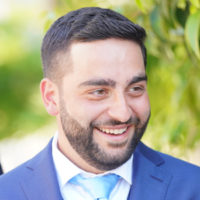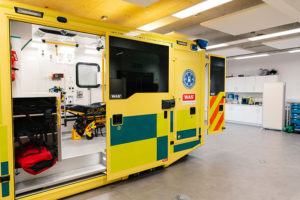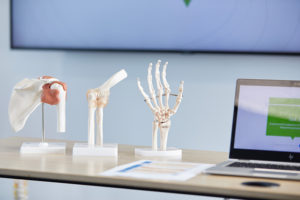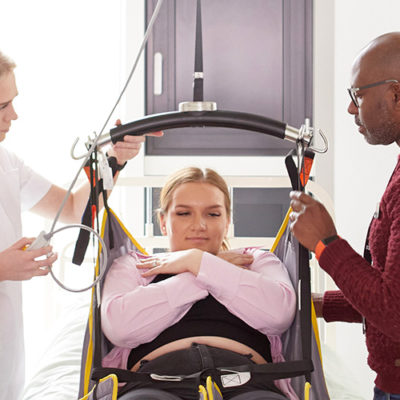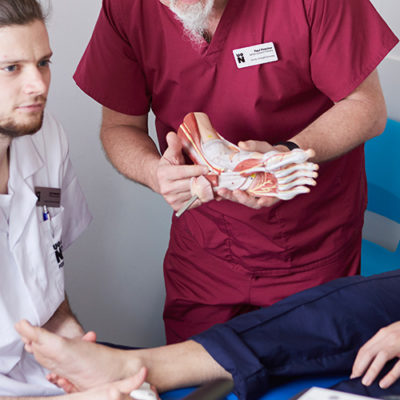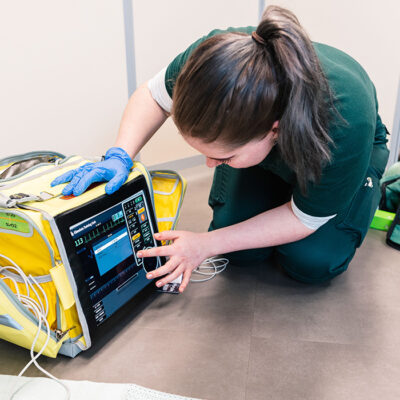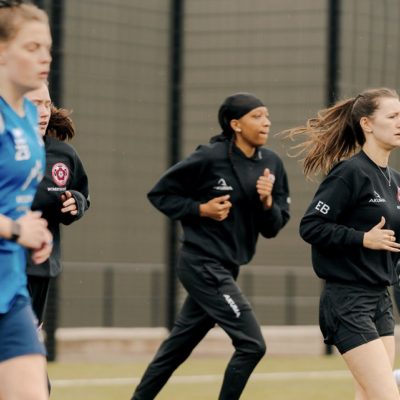Lecturer in Physiotherapy
Physiotherapy BSc (Hons)
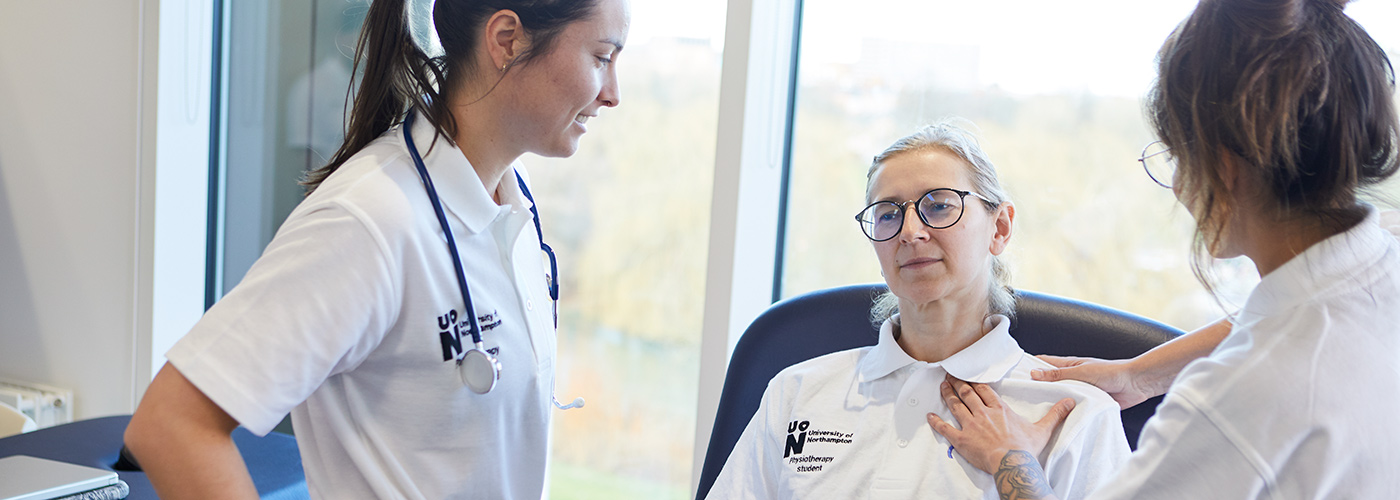
Physiotherapy BSc (Hons)
Key Facts
-
Level
UndergraduateUG BSc (Hons)
-
Duration
3 years Full Time
-
Starting
September
-
BBC at A Level
DDM at BTEC -
Full Time: £9,535
-
Full Time: £16,700
-
Waterside
Updated 09/04/2025
Updated 09/04/2025
Get in touch
For questions regarding study and admissions please contact us:
UK STUDENTS ENQUIRIES
study@northampton.ac.uk
0300 303 2772
INTERNATIONAL STUDENTS ENQUIRIES
Overview
Our BSc Physiotherapy degree enables students to develop as reflective critical thinkers fit for the future. Our approach to learning and teaching is underpinned by active-blended learning and a problem-solving approach to facilitate effective clinical reasoning skills, communication strategies and promotion of positive leadership values.
Our Physio course emphasises practice-based education and research-informed prevention and management of population health, considering contemporary issues which underpin the ever-evolving health and social care landscape.
On successful completion of the BSc Physiotherapy programme, you will be eligible to apply for registration with both the Health and Care Professions Council (HCPC) and The Chartered Society of Physiotherapy. The course is accredited by The Chartered Society of Physiotherapy (CSP).
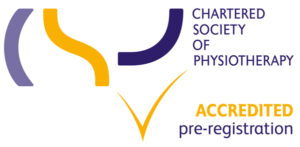
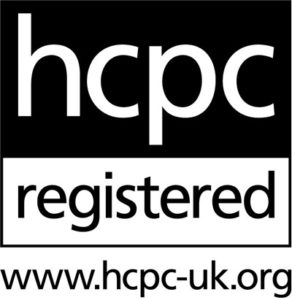
Highlights
- Practice Placements: opportunity for practice placement experiences across all sectors (NHS, private, sport, voluntary & charity organisations) and specialities including leadership and research-based placements, increasing employability prospects
- Service Users: involvement throughout the programme will enable you to gain invaluable insights and practical exposure to people’s real-life experiences living with health and physiotherapy-related conditions.
- Simulation-Based Learning: innovative teaching strategies such as simulated-based learning and active blended learning to increase student confidence and preparedness for practice placement.
- Employability prospects: the programme drives employability by enhancing your clinical reasoning, developing leadership qualities and advancing research skills while also engaging students with employability workshops and events which foster professional networking.
- Social Impact: opportunities to drive social impact, which are embedded throughout the programme. These include practice placements in care homes, virtual advice, engagement in sport clubs and a student-led physiotherapy clinic.
- You may be eligible for financial support during the physiotherapy degree through the NHS Learning Support Fund (NHS LSF)*
Entry Requirements
The following criteria are considered for BSc Physiotherapy:
Five GCSEs including Maths and English at Grade C and 112 UCAS points, which could comprise of (but not restricted to):
- A Level: BBC (must include a biology or human biology focus and excludes general studies). The biology module should be at grade B
- IB: 32 points (include health or science based)
- BTEC: DDM (include health or science based)
- Access to HE Diploma: 45 credits at level 3 (with a health or biology focus. To include 30 credits at merit level and 15 at distinction)
- T Level in health: Merit
Course Content
Fees and Funding
2025/26 Tuition Fees
- UK Full Time: £9,535
- International Full Time: £16,700
Fees quoted relate to study in the Academic Year 2025/26 only and may be subject to inflationary increases in future years. UON will adjust UK fees annually in line with Government Policy.
Staff
Careers and Employability
Graduates of the BSc Physiotherapy can work in a range of settings, including the NHS, private, sports, voluntary and charity organisations.
We host an Employability Fair annually, with large representation from local and national networks of employers which also includes workshops for preparation for applications and interviews for our newly qualified physiotherapists. There is also information on the UON website on Employability and the support schemes available.





